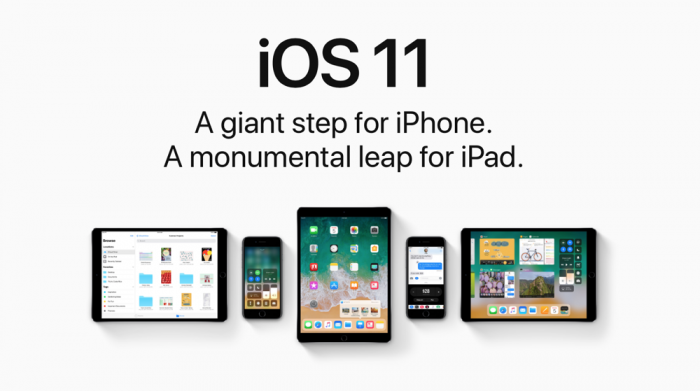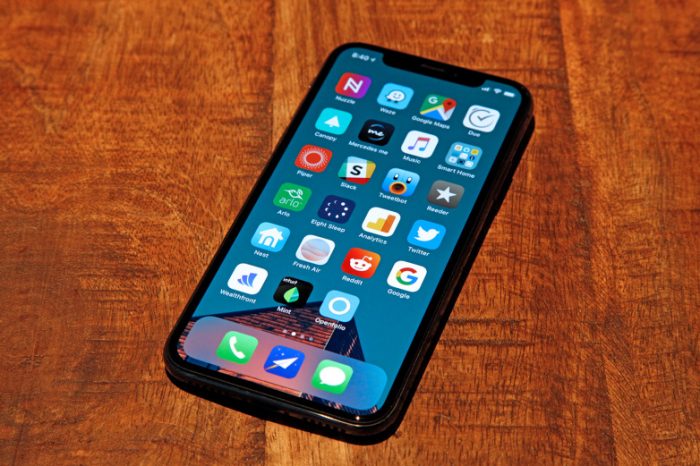
iOS To Disable USB Connection If Left Locked for A Week
- Apple will disable data being sent through USB to any iOS device if it has not been unlocked for a period of 7 days.
- This move prevents any form of exploits that can be used to coax information out of the device without consent from the user.
- The new feature is being touted as ‘USB Restricted Mode,’ and it will be a part of iOS 11.4.
In a move that could upset law enforcement, Apple is adding a security feature to disable data being sent through USB if an iOS device is not unlocked for a period of 7 days. The feature will prevent any exploits to coax information out of devices without consent. The new update is part of iOS 11.4 and should be available to users soon.
The new feature was first spotted by Elcomsoft researchers who were looking through the new 11.4 update’s code. The USB Restricted Mode automatically disables data if the phone is locked for a week and will disable itself when the phone is normally unlocked. Charging is not affected by the mode.
Image Courtesy of BGR
The new feature is most likely a response to the fact that iPhones that are acquired by law enforcement or thieves are vulnerable to exploits. While law enforcement officials can still exploit devices within seven days of collection, but if they are left in evidence for longer getting into the devices can be difficult.
The feature is completely non-intrusive if users simply leave their Apple devices behind for any reason whatsoever as unlocking it normally will disable the mode and the OS will continue functioning like normal. It is a feature that is likely to be copied by other phone manufacturers as well.
The feature is a long overdue inclusion by Apple for its iOS device. Had USB Restricted Mode been a thing two years ago, it would have prevented Apple’s drama with the FBI. While it is not a perfect solution and may end up causing iPhone-related investigations to take higher priority in court to exploits can be applied within seven days, it should still be a powerful deterrent against potential access through undocumented exploits.








